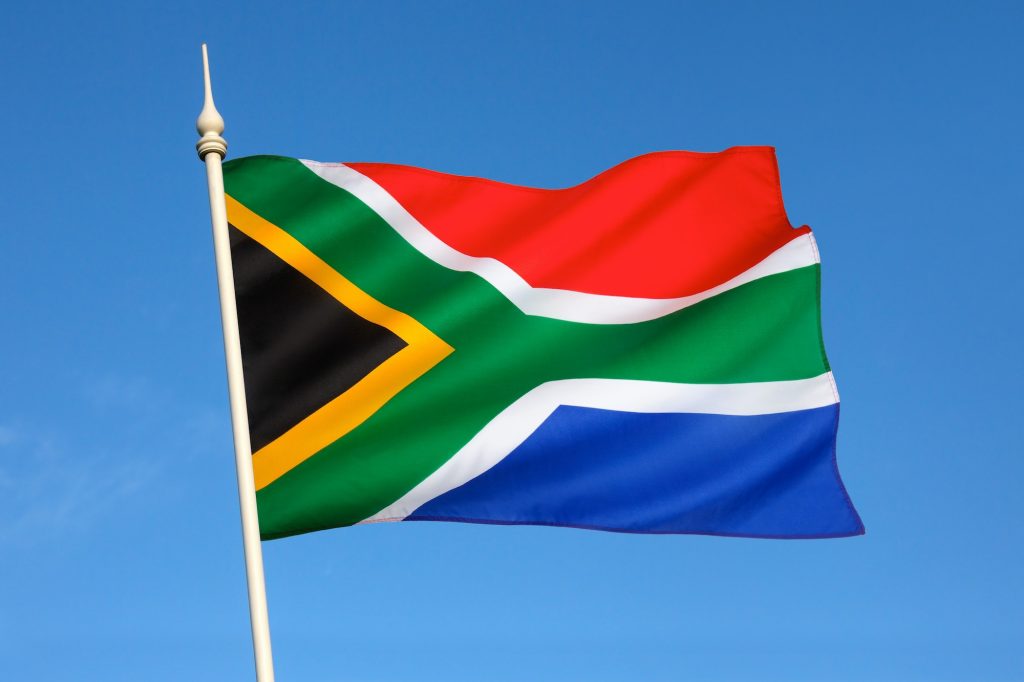South Africa’s proposed misinformation regulations spark debate
Critics argue that the broad scope of the regulations could suppress free speech and penalize unintentional sharing of false information.

The Film and Publication Board (FPB) of South Africa stirred controversy with proposed regulations targeting misinformation and disinformation, as reported by FactCheckHub. These regulations, outlined in a notice published in the Government Gazette, aim to hold internet service providers and social media platforms accountable for shared content.
Penalties for distributing prohibited content include fines up to R150,000 and imprisonment. The notice mandates Internet Service Providers (ISPs) to report instances of their services being used for disseminating disinformation or misinformation. Failure to comply could result in fines of up to R750,000 and five years imprisonment.
Critics, including free speech and media advocacy groups, argue the broad definition of ‘false information’ could stifle open dialogue and penalise honest mistakes. Despite opposition from various organisations, the FPB CEO defended the proposal, citing the need to combat harmful content.
Why does it matter?
In 2024, South Africa is gearing up for national and provincial elections amidst growing concerns surrounding the dissemination of ‘fake news.’ The Film and Publication Board (FPB) has reacted with heavy-handed measures, aiming to clamp down on those deemed responsible for spreading falsehoods despite concerns about potential censorship and overreach. Additionally, it has been reported that Meta will collaborate with the Independent Electoral Commission (IEC) to protect its platforms from misuse during the upcoming elections on 29 May 2024.
